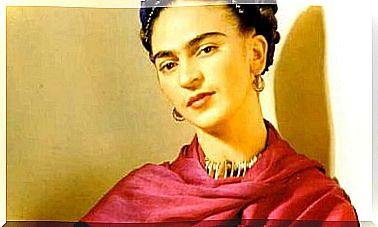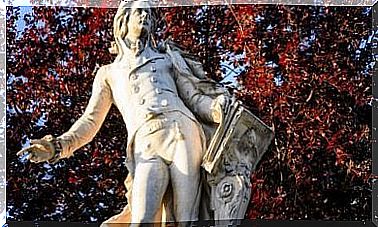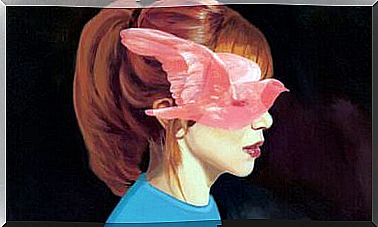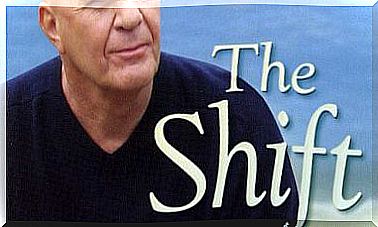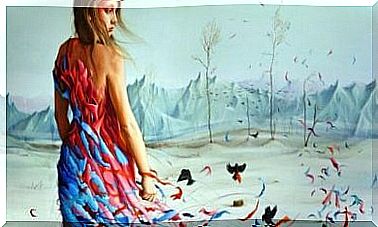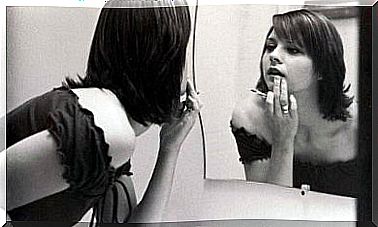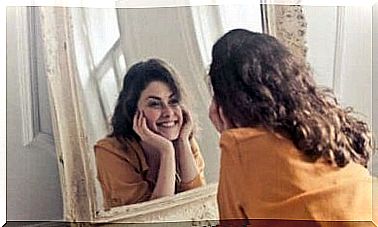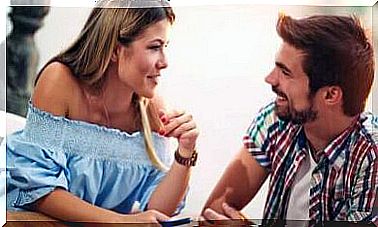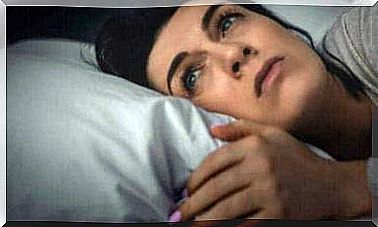The Destructive Effects Of The Neurobiology Of Addiction
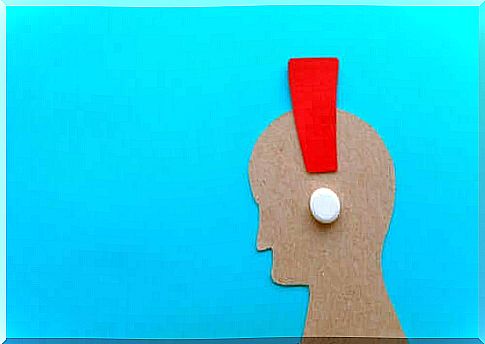
Most people know what drug addiction means. But do you know the effects of the neurobiology of addiction?
Addiction exists in many aspects of human life. The most common and well-known is drug addiction
Drug addiction can be defined as a compulsive drive to find and use drugs, lack of control to limit intake and a negative emotional state that occurs when the person does not take any drugs.
Some experts define addiction as a cycle with three stages: intoxication, abstinence and negative emotions and worry / expectation (anxiety).
The last step worsens over time and gives rise to neuroplastic changes in the reward center of the brain (2-4).
Impulsivity “includes a willingness to act directly and unplannedly in response to internal and external stimuli, without thinking about the negative consequences that may arise for themselves and others” (5).
Compulsive behavior, on the other hand, consists of “repetitive actions that are characterized by the feeling that one ‘must’ perform them, even though one is aware that these actions are not in line with one’s general goals” (6).
Individuals suffering from addiction therefore go from impulsivity to compulsion. These two stages may coexist, but they usually occur in that order.
The brain also behaves in a specific way at each of these stages.

The effects of the neurobiology of addiction during “intoxication”
The reward mechanism
Addictive drugs activate the brain’s reward center. A primary focus in neurobiology and the effects of drugs is the origin and areas of the mesocortical pathway.
It appears that drug or alcohol intoxication secretes dopamine and peptide opioids into the ventral striuatum.
The rapid and strong secretion of dopamine also has a lot to do with how people feel when they use drugs (1).
Incentives
In some studies concerning primates, researchers have discovered that the dopamine cells in the brain are initially released in response to a new reward.
After being constantly exposed to the reward, the neurons finally stopped doing this when the expected reward was given.
They were then fired instead when they were exposed to the stimulus that predicted the reward. It therefore seems that dopamine is closely linked to how the brain seeks rewards.
The neurobiology of addiction during the expectation stage
Researchers believe that this stage is crucial for relapse in people suffering from addiction. Addiction is a chronic relapse problem.
In humans, this desire for the drug includes an activation of the prefrontal cortex, including:
- Dorsolateral cortex
- Front girdle winding
- Orbitofrontal cortex
An addiction to cocaine or nicotine is related to the function of the insular cortex. This area of the brain seems to have an interoceptive function that integrates the autonomous and visceral information and motivation.
In fact, studies have shown that the reactivity of one’s insular cortex is a biomarker that can help predict relapse.
During this stage, the researchers believe that two opposite systems are activated: the start system and the stop system.
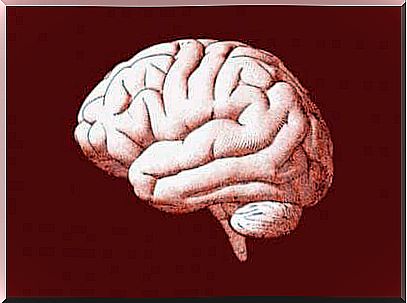
Stop and start system
The starting system can cause the desire.
For example, a cocaine craving is related to a better connection in the network that connects the medial prefrontal cerebral cortex and anterior girdle winding in the ventral striatum and the network that connects the insular cortex with the dorsal striatum.
The stop system can control the evaluation of the incentive value as well as the suppression of the emotional response to negative emotional signals. A stop system can therefore counteract the starting system and the desires.

